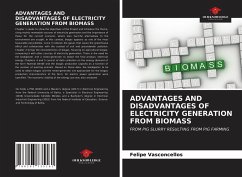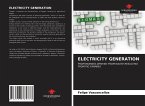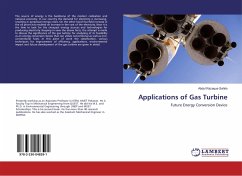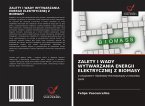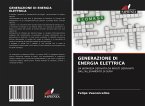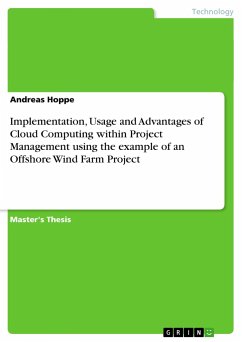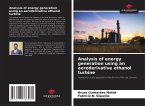Chapter 1 seeks to show the objectives of the Project and introduce the theme, citing mainly renewable sources of electricity generation and the importance of these for the current scenario, where less harmful alternatives to the environment are sought. In this context, biogas appears as one of the most favourable possibilities, since it reduces the gases that cause the greenhouse effect and collaborates with the combat of soil and groundwater pollution. Chapter 2 brings the characteristics of biogas, focusing on agricultural biogas, comparing it with other sources of electricity generation. There is the need for the biodigester and a motor-generator to obtain the final product, electrical energy. Chapters 4 and 5 consist of data collection on the energy demand of the farm Fazenda Dendê and the biogas production capacity as a function of the number of existing animals. Based on these data, the biodigester to be used to obtain biogas and the motor-generator set appropriate for thebiogas production characteristics of the farm, for electric power generation were specified. The economic viability of the energy use was also analysed.
Bitte wählen Sie Ihr Anliegen aus.
Rechnungen
Retourenschein anfordern
Bestellstatus
Storno

